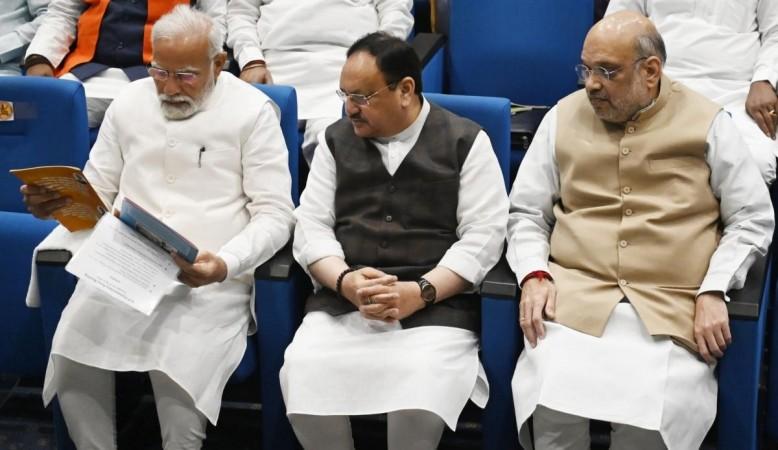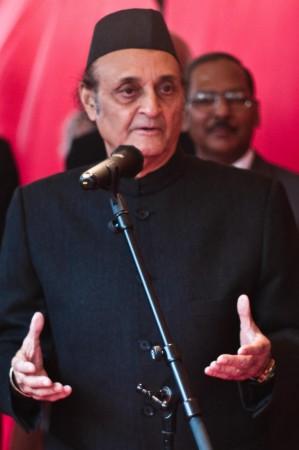
In a monumental development, the Supreme Court of India has delivered a historic verdict on the abrogation of Article 370, triggering a cascade of responses from political leaders and stakeholders across the spectrum. The five-judge bench not only upheld the constitutionality of the Parliament's decision but also set the stage for significant political and constitutional transformations in the Union Territories of Jammu, Kashmir, and Ladakh.
Prime Minister Narendra Modi's Jubilant Acclaim
Prime Minister Narendra Modi hailed the Supreme Court's decision as a "resounding declaration of hope, progress, and unity" for the regions of Jammu, Kashmir, and Ladakh. Describing the verdict as historic, Modi reassured the residents that the government is resolutely committed to realizing their aspirations. The Prime Minister underscored the government's determination to extend the benefits of progress to vulnerable and marginalized sections, emphasizing the transformative impact of abrogating Article 370.
Amit Shah and J.P. Nadda Applaud the Constitutional Validity
Union Home Minister Amit Shah and BJP Chief J.P. Nadda echoed Modi's sentiments, welcoming the judgment as a constitutional validation of the decision to revoke Article 370. Shah praised PM Modi's visionary move in 2019, emphasizing the subsequent return of peace and normalcy to Jammu and Kashmir. The leaders emphasized that the Supreme Court's ruling affirmed the constitutional soundness of the abrogation, marking it as a pivotal moment in India's political landscape.

Karan Singh's Gratitude and Forward-Looking Approach
Karan Singh, a veteran Congress leader and son of Maharaja Hari Singh, struck a balanced chord, expressing gratitude to the Supreme Court for providing clarity and stability. He acknowledged the two key elements introduced by the apex court: the restoration of statehood and a deadline for elections by September 30, 2024. Singh urged the populace to accept the reality, emphasizing the importance of preparing for elections rather than engaging in negative activities.
As the dust settles on the Supreme Court's verdict, the reactions from political leaders reveal a nuanced tapestry of perspectives, setting the stage for a dynamic phase in the political trajectory of Jammu, Kashmir, and Ladakh. The upcoming elections and restoration of statehood stand as crucial milestones, adding an intriguing layer to the unfolding narrative.
(With inputs from IANS)

















